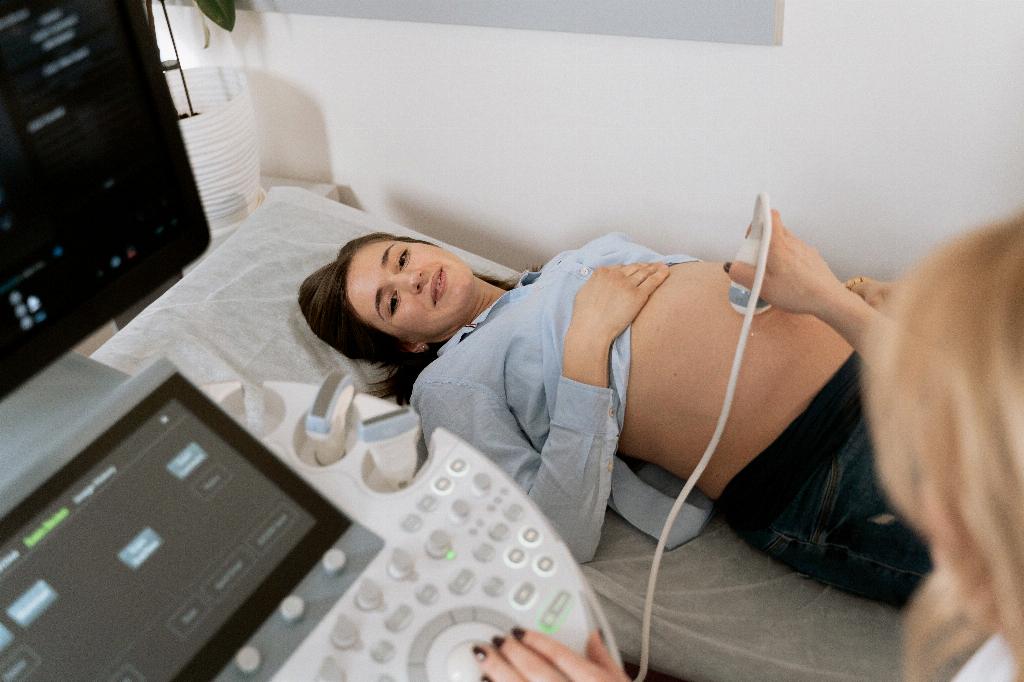Many expectant mothers may notice the emergence of a dark line on their abdomen during pregnancy, known as linea nigra. This line is caused by increased levels of melanocyte-stimulating hormone (MSH), estrogen, or progesterone in the body. As these hormone levels fluctuate throughout pregnancy and reach their peak, the line may become more pronounced.
The Postpartum Period and Linea Nigra
Following the birth of your baby, your hormone levels will gradually return to their pre-pregnancy state. As this hormonal shift occurs, the dark line on your abdomen, linea nigra, will begin to fade. It is important to note that the timeline for this natural process can vary among individuals.
Patience is Key
For many new mothers, the gradual fading of linea nigra is a postpartum phenomenon that may take some time. It is not uncommon for the dark line to persist for several weeks or even a few months after giving birth. Patience is essential as your body adjusts and regains hormonal balance.
Factors Affecting Linea Nigra Fading
Several factors can influence the duration it takes for linea nigra to fade completely. These factors include individual hormonal levels, skin tone, sun exposure, and genetic predisposition. While some mothers may notice a quicker disappearance of the line, others may experience a longer transition period.
Postpartum Skincare and Linea Nigra
Engaging in a consistent skincare routine can also aid in the gradual fading of linea nigra. Moisturizing the skin, staying hydrated, and protecting your abdomen from excessive sun exposure can contribute to skin health and overall complexion post-pregnancy.
Consulting with a Healthcare Provider
If you have concerns about the persistence of linea nigra or any other postpartum skin changes, consulting with your healthcare provider can provide reassurance and guidance. Your doctor can offer personalized advice based on your unique situation and help address any skin-related queries.
Embracing Your Postpartum Journey
It is important to embrace your postpartum journey and the natural changes that accompany it, including linea nigra. Your body undergoes remarkable transformations during pregnancy and post-birth, and each phase contributes to the unique narrative of motherhood.
Maintaining Self-Care Practices
Engaging in self-care practices, such as gentle exercise, adequate rest, and nourishing meals, can support your overall well-being during the postpartum period. Taking time for yourself and prioritizing self-care can enhance your physical and emotional recovery.
Connecting with Other Mothers
Seeking support and connecting with other mothers can be valuable as you navigate the postpartum experience. Sharing stories, experiences, and tips with fellow moms can foster a sense of community and understanding during this transformative time.
Celebrating Your Body’s Journey
Your body’s journey through pregnancy, childbirth, and the postpartum period is a testament to its resilience and strength. Celebrate the changes, challenges, and triumphs as part of your unique story as a mother, acknowledging the beauty in every phase.
Final Thoughts on Linea Nigra Fading
While the dark line from pregnancy, linea nigra, may take some time to fade postpartum, it is a natural process that reflects the intricate hormonal shifts in your body. Embrace your body’s journey, practice self-care, and seek support as you navigate the transformative experience of motherhood.

